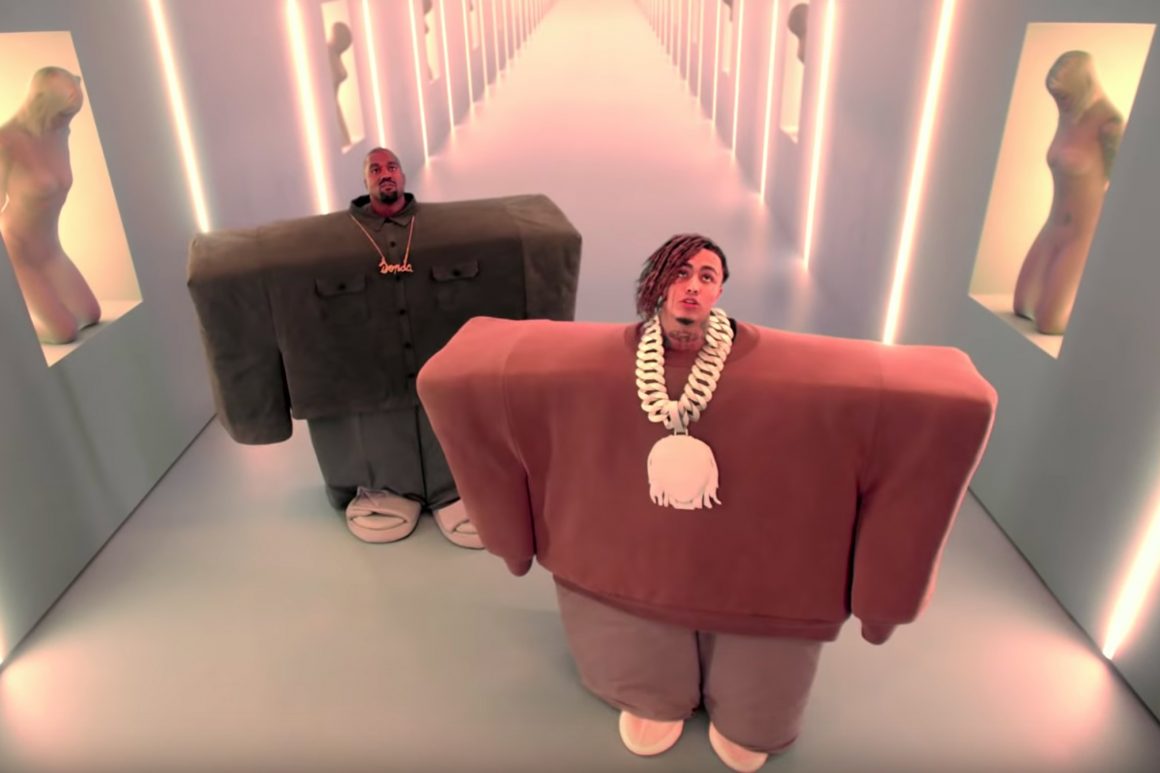
“I Love It” censure indicative of unfair genre criticism
By Zacc Schlegel, October 17 2018 —
Kanye West and Lil Pump released “I Love It” to great commercial success on Sept. 6, earning over 50 million YouTube views and counting. The song itself is characterized by a minimalist beat and explicit lyrics, while the music video features Kanye and Pump dressed as Roblox-like figures. Consequently, “I Love It” stands out as sonically, lyrically and visually ‘meme-y.’ Some fans didn’t take it too well, claiming it was an insult to ‘true hip-hop.’ Certain complaints were valid — that the song is misogynistic, for example — but the majority of criticism and attacks were baseless.
Many members of the hip-hop community called the song a disgrace to ‘real hip-hop’ on platforms like Genius. These are common sentiments among disenfranchised rap fans in 2018. But hip-hop has changed. It isn’t what it used to be 20 or 30 years ago, for better or worse. Cherry-picking modern rap songs to compare with older rap standards is unfair. And what exactly denotes ‘real hip-hop,’ anyway?
To address the criticisms head on, it’s necessary to look at the culture’s roots. In short, hip-hop was created by young, black New Yorkers and performed by DJs and MCs at parties. The purpose of the DJ and later the MC was to entertain the audience and get them to move. While these roles evolved as hip-hop began to reflect the condition of its performers and audience members, it’s undeniable that the culture was partially created for people to have a good time. “I Love It” succeeds in the same manner — to many, it’s entertaining and fun. If hip-hop was made for fun in the beginning, there’s no reason it can’t be made for fun now.
“I Love It” was also attacked for its vapid and superficial lyrics. But not all hip-hop has to be sonically or even lyrically complex. Technical, insightful and knowledge-rich lyrics are a cornerstone of the culture — but so are simple, feel-good lyrics. Even the greats of old sacrificed lyrical complexity for the occasional radio hit. There is no rule that states that every rap song must have deep lyrics. Simple, fun lyrics have also been valid since the genre’s conception.
Many fans fail to remember that rap is not something you can easily pin down to one unalienable trait. It’s much more complex than that — it’s a whole culture. Within its unique communities and markets, the ideals, histories and goals differ. The real problem is not the degradation of rap music but those putting hip-hop in a narrow box, denying its rich history. Criticizing music is fine — but it must be done from a place of understanding, not narrow-mindedness.
